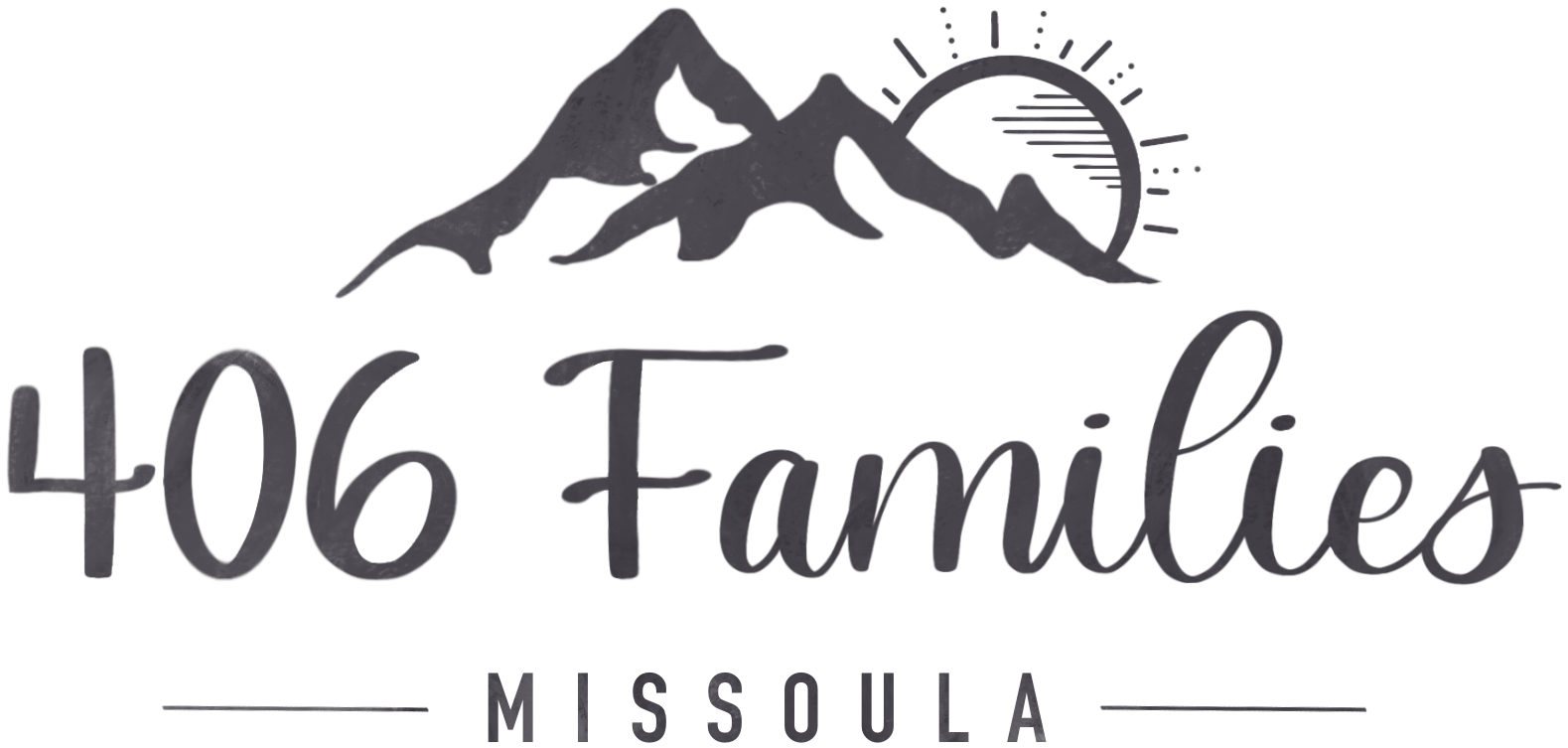Missoula: We Needed Stephanie Land's New Book
Stephanie Land had to beg her kindergartener’s elementary school not to give her 6-year-old detention when Stephanie ran late.
Land did math in her writing classes, mapping out her budget in the margins of her notebooks; always in the red.
She wore layers of clothes in the one-bedroom apartment she shared with her daughter because it was insufficiently insulated from the brutal Montana winters.
Through it all, Stephanie had the audacity to dream of a better life for her family. The dream: To attain a degree from the University of Montana and go on to become a full-time writer. The part that made it audacious? Land was a 35-year-old single mother living below the poverty line in Missoula.
As you probably know, Land’s dream came true. Her first memoir, Maid, came out in 2019 and landed a spot on Obama’s summer book list. Land’s stark and raw recounting of her experiences working as a maid for upper-middle class clients as she struggled to support her preschool-age daughter inspired a show on Netflix of the same name.
Now Land has published a second book.
The story of Class begins after Land’s acceptance into the UM writing program and her move to Missoula. Land half-jokes that she used Facebook memories to piece together her story, which takes place over her senior year from the fall of 2013 to the spring of 2014. These were also the nine months she spent pregnant with her second daughter.
Class is half love letter to Missoula, half searing indictment of social disparities hiding in post-secondary education, charitable organizations, and government assistance. Reading it will remind you where you were — and who you were — 10 years ago. She writes about things we all remember and relate to: Top Hat’s famous Bloody Mary Bar (RIP), the challenge of getting into (and paying for) summer camps, tumbling time at Roots Acrosports, and Missoula’s proliferation of parades and family-friendly events.
Land knows that as lower-class single mother, those carefree times were far outnumbered by empty bank balances, volatile phone calls from her daughter’s father, sleepless nights, and panic attacks. She was expected to be someone who was “grateful for the two hundreds bucks a month we received to feed ourselves. I knew that if I dared to get angry at the situation, every word I said would be ignored.”
She goes on to write, “Resilience is a flag we poor people could wave to gain that trust. If we proved ourselves time and time again — if we pulled up those fucking bootstraps so hard they broke and our response was to shrug it off before we found some way to fix them so we could immediately start pulling up again — people nodded in approval.”
Perhaps most heartbreakingly, Land describes the loneliness, isolation, invisibility she felt during that time. Romantic relationships were fraught with disappointment and impossible-to-manage expectations. Friendships increased Land’s awareness that she could never offer as much as she needed in terms of support. Land found that some charitable organizations came with so many strings attached they formed a noose.
To make matters harder, the gulf between her life and the lives of her traditional-student classmates made it impossible to relate to them.
A few times her professors, some of which were closer to her own age than the other students, made backhanded compliments that Land chose to interpret as a badge of honor. Like the time a professor called her “relentless.” Land tattooed that on her heart and used it to push through the final months of college and pregnancy.
Class is necessary. It helps us understand the relentless will of poor Americans who claw toward the dreams most of us take for granted. And it shows us why they shouldn’t have to. Class is harsh, riveting, grave, and hopeful, and will make you examine things you were blind to.
Want to read Class? Head to our Facebook and Instagram to enter to win one of five signed copies from Fact and Fiction.
And watch for our interview of Land, which we’ll publish on Sunday.


